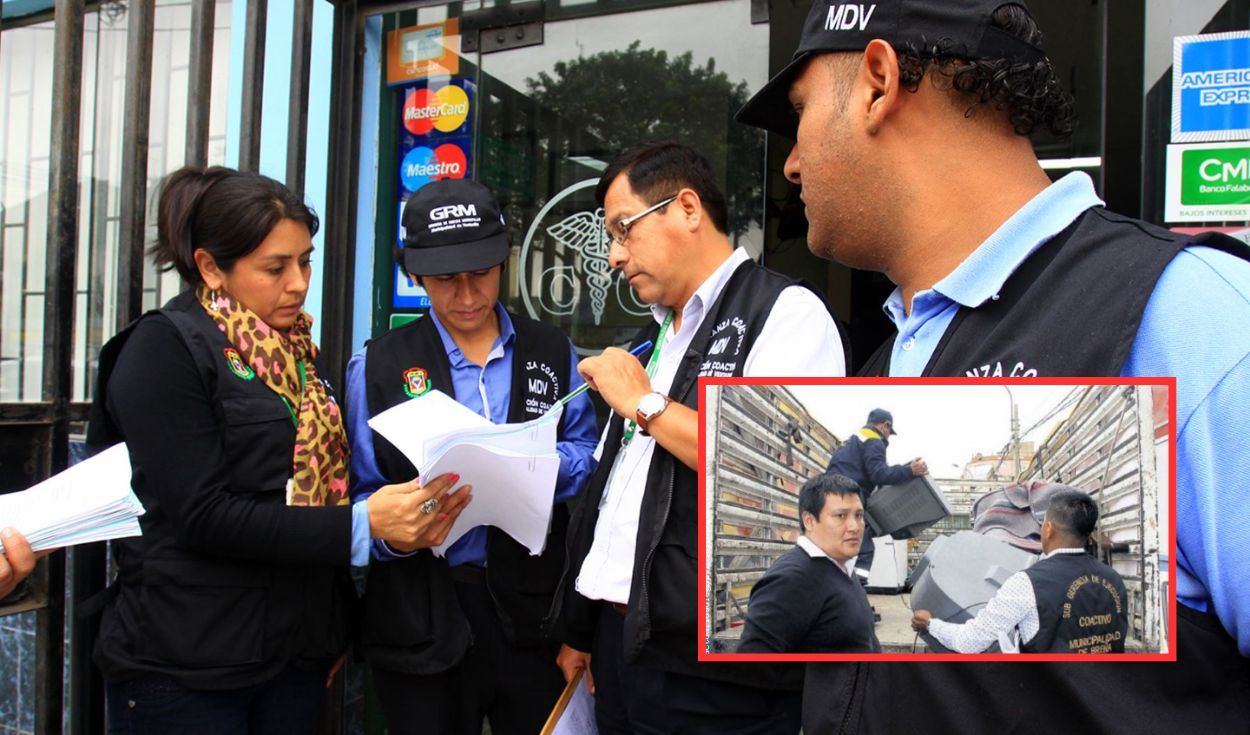
The property tax is an obligation that all property owners must comply with. This tax, administered by the municipalitiesis essential for the financing of services and public works. However, many citizens are unaware of the consequences of not fulfilling this fiscal duty. In this article, we will explore whether the municipality can seize your house for not paying property tax, how this tax is calculated and what exactly it is.
Failure to pay property tax can generate serious repercussions. However, it is crucial to understand that, although the municipality has mechanisms to collect tax debts, the expropriation of housing is not an immediate action. First, administrative procedures are followed that, if not followed, could lead to coercive collection. This guide will provide you with the information necessary to understand these processes and avoid major problems with municipal authorities.
If I have a debt with the municipality for not paying taxes, can they take away my house?
The direct answer is Nothe municipality cannot take your house away from you immediate for having a property tax debt. However, if the debt is not attended to, a coercive collection process may be activated. Initially, the municipality will send notifications and requirements for the payment of the debt. If these are not addressed, the regular administrative process begins that culminates with a coercive ordinance.
Once the coercive ordinance is issued, the debtor has a period of seven days to make the corresponding payment. If this deadline is not met, the municipality may proceed to seize assets. This seizure can include bank accounts, vehicles or other assets, but the expropriation of the home is an extreme measure that is avoided in most cases, always seeking that the debtor regularize his situation before reaching that point.
How is the property tax on a home calculated?
The calculation of the property tax is based on the value of the property, known as the self-assessment, which is determined by the municipality. This value is calculated considering the area of the land and existing buildings, applying rates specific according to the area and the characteristics of the property.
Property tax rates are progressive and are applied as follows: 0.2% on the value of the property up to 15 ITU (Tax Tax Unit), 0.6% for values between 15 and 60 UIT, and 1% for values over 60 UIT. For example, if the self-assessment of your property is 50 UIT, the first 15 UIT will be taxed at 0.2%, the next 45 UIT at 0.6%, and any value above 60 UIT at 1%.
What is property tax?
He property tax It is a municipal tax that property owners must pay annually. This tax is used to finance municipal services, including cleaning, park maintenance, public safety and other public works. The objective of the property tax is to ensure that property owners contribute to the development and maintenance of their community.
It is important to highlight that the property tax is a obligation legal and its non-compliance can generate default interest, fines and coercive collection processes. Therefore, it is essential that owners are aware of their tax obligations and make the corresponding payments within the established deadlines.
Source: Larepublica
Alia is a professional author and journalist, working at 247 news agency. She writes on various topics from economy news to general interest pieces, providing readers with relevant and informative content. With years of experience, she brings a unique perspective and in-depth analysis to her work.












